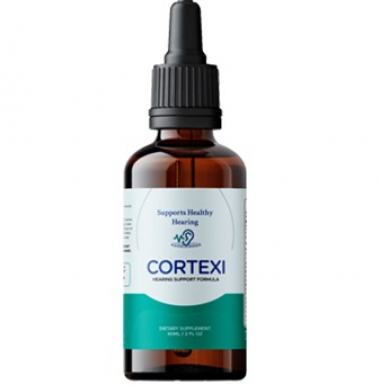According to the National Institute on Deafness and Other Communication Disorders in the United States, approximately 10% or 25 million adults have experienced tinnitus lasting more than five minutes within the past year. Rarely, pulsatile and sometimes life-threatening conditions may be present such as carotid vessel aneurysms and carotidartery dissection. Regular exercise eating right and taking other steps to keep your blood vessels healthy can help prevent tinnitus linked to blood vessel disorders. While anyone can get tinnitus, most cases are found among senior citizens; people employed in loud workplaces; musicians and music lovers; motorsports and hunting enthusiasts; and military personnel. Tinnitus can also disrupt the lives of others. Tinnitus can be a sign of a more serious ear problem. Objective tinnitus can be defined as actual noise due to physiologic phenomena located near the middle ears. Because there are many types of tinnitus, and it is difficult to measure, it can be difficult to treat. Our study also revealed that there may be a placebo effect. Although there is always internal information in our brains, it may not be apparent until we are conscious of it. Evidence has shown that it can reduce the symptoms of tinnitus by stopping the brain's signals. It is important to keep in mind that tinnitus is a symptom, not a disease. Some patients did not have magnetic resonance imaging for their tinnitus. Yang et.al. did a literature search and found that hypertension was a risk factor. Some children prefer a roaring sound, humming, hissing or clicking noise to the usual ringing.

